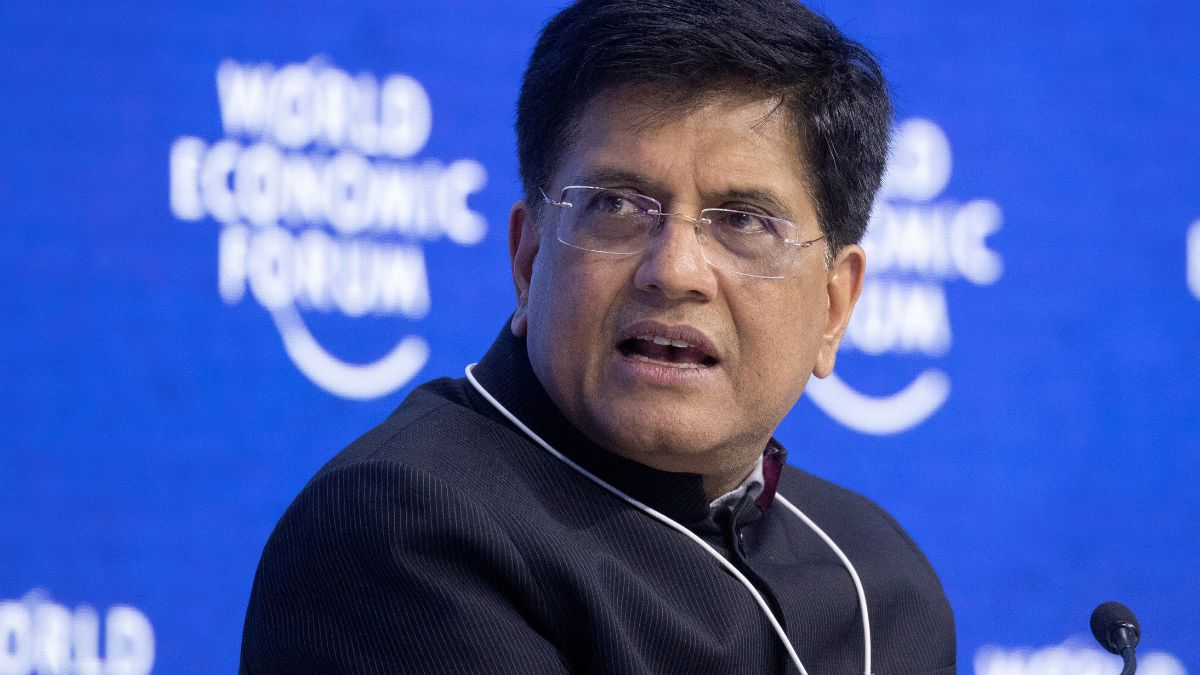

Amid escalating global trade tensions, particularly those arising from the United States' decision to impose additional tariffs on Indian goods, India is standing firm. Union Minister Piyush Goyal asserted that India would not "bow down to anybody". This resolute statement comes in response to trade measures initiated by the U.S., including a 25% tariff on Indian goods following New Delhi's continued purchase of Russian oil. This is on top of another 25% tariff that took effect on August 7, 2025.
Speaking at the Business Today India@100 Summit, Goyal addressed concerns about India's engagement with global trading blocs, emphasizing the country's current strength and self-confidence. He highlighted India's robust annual growth rate of 6.5%, with expectations for further acceleration. Goyal dismissed the notion of "de-globalisation," suggesting that nations are instead restructuring their trade routes and partners. He expressed confidence that India's exports would surpass the previous year's levels, supported by measures designed to counter trade barriers.
Goyal addressed the evolution of India's approach to free trade agreements, signaling a shift beyond merely seeking duty concessions. He cited negotiations with the four-nation EFTA bloc as an example, recalling telling them that India is a USD 4 trillion economy and the fastest-growing large economy in the world with the power of youth, while they have an ageing population. This resulted in the EFTA nations agreeing to invest USD 100 billion in India, which is expected to create 10 lakh direct jobs and around 50 lakh jobs in total. The agreement with EFTA is slated to take effect from October 1, with visible benefits expected.
In the fiscal year 2024-25, India's overall exports, including goods and services, reached a record US$824.9 billion, a 6.01% increase compared to the previous year. Merchandise exports accounted for $437.4 billion of this total, with the U.S. contributing $86.4 billion. However, with the additional tariffs of 50%, exports to the U.S. are estimated to decline by 40% this financial year.
Despite these challenges, India remains optimistic and is actively pursuing trade agreements with various nations, including Oman, the European Union, and the United States. These discussions are particularly significant given the backdrop of rising tariff barriers imposed by the U.S. India and the U.S. have been in negotiations for a bilateral trade agreement since March, with the next round of talks scheduled for late August.
India has also defended its energy purchases from Russia, criticizing the U.S. and the European Union for singling out New Delhi while other countries continue to buy Russian energy without facing penalties. The Ministry of External Affairs has pointed out that India began importing from Russia due to the diversion of traditional supplies to Europe following the Russia-Ukraine conflict, with the U.S. initially encouraging such imports to stabilize global energy markets.
Goyal also criticized a Congress MP for calling the Indian economy "dead," emphasizing India's economic resilience and highlighting the IT industry's role in job creation since 2000 and how the country turned the Covid-19 crisis into an opportunity. He stated that India would always emerge victorious during challenging times. He also pointed to India's strong macroeconomic fundamentals, noting that the country's currency, foreign exchange reserves and stock markets are all performing well.
In conclusion, India is demonstrating a firm stance amidst global trade tensions and is actively pursuing strategies to strengthen its economic position and expand its trade relationships. The country is confident in its ability to overcome challenges and continue on its path of economic growth and global relevance.